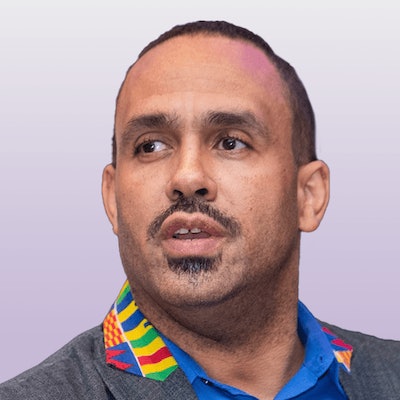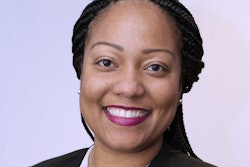A new report revealed that it could take Black citizens over 500 years to achieve economic equality in the United States. Sixty years after Dr. Martin Luther King, Jr.'s famous "I Have a Dream" speech at the March on Washington for Jobs and Freedom, experts have provided a realistic look at the slow turn of progress for equality.
The report "STILL A DREAM: Over 500 Years to Black Economic Equality" highlights current disparities that block the advancement of Black Americans. Dedrick Asante-Muhammad, co-author and chief of race, wealth, and community for the National Community Reinvestment Coalition, said the purpose of highlighting the 500 years in the report is because most people don't recognize how poorly the country is doing in terms of addressing Black economic inequality, whether it was during King's time or the present day.
"Dr. King would talk about African Americans in 1963 being in an island of poverty in the midst of an ocean of prosperity," said Asan Dedrick Asante-Muhammad is the chief of race, wealth, and community for the National Community Reinvestment Coalition.
Dedrick Asante-Muhammad is the chief of race, wealth, and community for the National Community Reinvestment Coalition.
Among the key findings from the report, African Americans make 62 cents to the dollar of white family income in 2021, and at the current rate, it would take 513 years to reach income parity. Additionally, the median household income for African Americans has grown just 0.36% since the turn of the century, and it is still lower today than the white median family income in 1963. The Black-white homeownership divide remains unbridged after more than 60 years.
Omar Ocampo, co-author, and researcher at the Program on Inequality and the Common Good at the Institute for Policy Studies, said he was shocked by the lack of progression on home ownership that the report found.
"The majority of African Americans are renters," said Ocampo. "And I think that plays a huge part in why there are disparities in wealth. In order to address these disparities, we need to have programs that build the assets of African Americans, which includes home ownership."
Ocampo said that homeownership is one of the best ways to build generational wealth and close the economic gap for Black people. Yet, home ownership among Black Americans includes a long history of exclusionary policies, including policies that directly targeted Black people, such as zoning ordinances prohibiting white men from selling property to Black people in already majority-white neighborhoods and redlining, a discriminatory practice of withholding services from someone because they live in an area deemed to be poor.





















